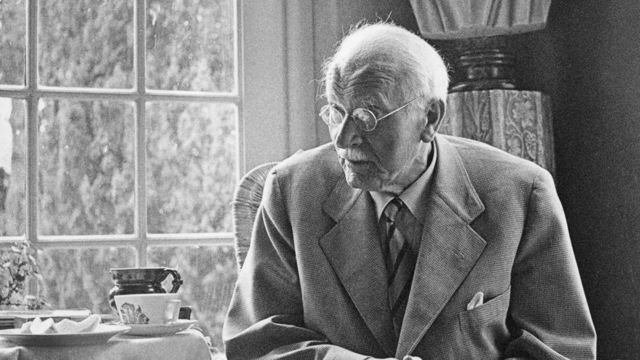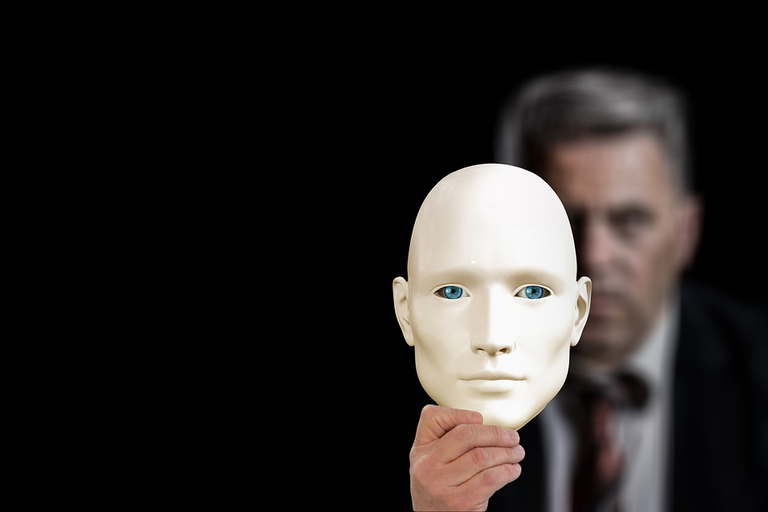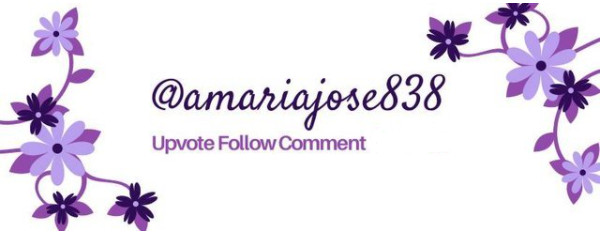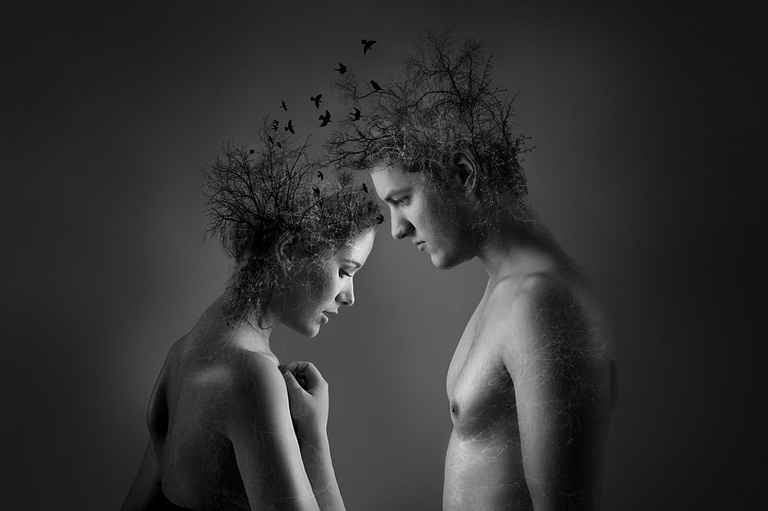Today I want to share with you a new experience that I have had in this pandemic, such as participating in a reading club via WhatsApp, I do not have an inventory, much less a record of how many books I have read, because reading is done spontaneously, I read a text either for a research topic, for general knowledge, or because the title and cover catches my attention, I enjoy the world of libraries and their activities, here in Venezuela there are all styles and sizes, they are spaces where it is shared great experience and good knowledge.
.
Hoy les quiero compartir una nueva experiencia que he realizado en esta pandemia, como es participar en un club de lectura vía WhatsApp, no tengo un inventario ni muchos menos un récord de cuántos libros he leído, porque la lectura la realiza de manera espontanea, leo un texto ya sea por un tema de investigación, por conocimiento generales, o porque el titulo y portada me llama la atención, disfruto el mundo de las bibliotecas y sus actividades, aquí en Venezuela existen de todos los estilos y tamaños son espacios donde se comparte gran experiencia y buenos conocimientos.

In this experience, the group moderator is conducting an investigation about the Female Archetype and they recommend reading the text of this same topic by the author Carl Jung, to have an analysis reference, in particular I have for Norm that when I have ignorance about the subject and therefore the author first investigate the biographical references, and in this way have the reading of the subject from a broader and more pleasant perspective.
.
That is why I can tell you that Carl Jung was born in Switzerland (he believed that he was of Asian origin) in July 1875, from a very young age he had dreams of great experience and symbolic significance. He studied Medicine graduating in Medical Psychiatrist, one of his first work was to propose a reductionist materialist vision of mental illness, he adopted different elements such as spiritism, anthropology as well as art, among others. He was an assistant and friend of the Philosopher Sigmund Freud considered the father of Psychoanalysis.
En esta experiencia el moderador del grupo está realizando una investigación a cerca de los Arquetipo Femeninos y recomiendan la lectura el texto del este mismo tema del autor Carl Jung, para tener una referencia de análisis, en lo particular tengo por norma que cuando tengo desconocimiento a cerca del tema y por ende el autor investigo primero las referencias biográficas, y de esta manera tener desde una perspectiva más amplia y placentera la lectura del tema.
Es por ello que les puedo decir que Carl Jung nació en Suiza (creía que era de origen asiático) en julio de 1875, desde muy pequeño tuvo sueños de gran vivencia y con carga simbólica. Estudio Medicina licenciándose en Medico Psiquiatra, uno de su primer trabajo fue proponer una visión materialista reduccionista de la enfermedad mental, adopto elementos diferentes como el espiritismo, la antropología así como el arte, entre otros. Fue ayudante y amigo del Filósofo Sigmund Freud considerado padre del Psicoanálisis.

Jung was also a Psychoanalyst and studying the human being from the unconscious created a theory where he divided the psyche into three parts. The first is the Self, which is identified with the conscious mind. A second the personal unconscious, which includes anything that is not present in consciousness, but is not exempt from being. And finally the collective unconscious. It can be called the "psychic inheritance". It is the reservoir of experiences as a species; a type of knowledge that we are all born with and share.
.
The author defines archetypes as the "contents of the collective unconscious" everything begins with the existence of the psyche and by the presence of conscientious contents, indicates that it is collective because nature is universal, they have an "organizing principle" on the things we see or can do works in the same way as the instincts of Freudian theory. But with other expressions such as myth, secret doctrine and legend, which through symbols and images are indicative of thinking to understand elements such as:
Jung igual fue Psicoanalista y estudio al ser humano desde lo inconsciente creó una teoría donde divide la psique en tres partes. La primera es el Yo, el cual se identifica con la mente consciente. Un segundo el inconsciente personal, que incluye cualquier cosa que no esté presente en la consciencia, pero que no está exenta de estarlo. Y por ultimo el inconsciente colectivo. Puede llamarse la “herencia psíquica”. Es el reservorio de las experiencia como especie; un tipo de conocimiento con el que todos nacemos y compartimos.
El autor define arquetipos como los “contenidos del inconsciente colectivo” todo comienza con la existencia del psiquis y por la presencia de contenidos conciencialisables, indica que es colectivo porque la naturaleza es universal, poseen un “principio organizador” sobre las cosas que vemos o podemos hacer, funciona en la misma forma que los instintos de la teoría Freudiana. Pero con otras expresiones como el mito, la doctrina secreta y la leyenda, que a través de símbolos e imágenes son indicativos del pensar para entender los elementos como:
Anima and animus: it is the soul, the wonderful and immortal is designated. It can represent the male or female role that we must play. The world of the gods is reached, everything that the anima touches becomes luminous.
The Mother: It depends on the ancestors since they had mothers. It is a way of looking at evolution in an environment that has included a mother or a surrogate for her. It is one's own ability to recognize the relationship of motherhood. It is symbolized by the primordial mother or mother earth.
Mana: Represents spiritual power.
The shadow: It derives from a pre-human and animal past, the dark side of the Self, it is amoral, it is neither good nor bad. Shadow symbols include the serpent (as in the Garden of Eden), the dragon, monsters, and demons.
The person: represents the public image. The word, obviously, is related to the term person and personality and comes from the Latin that means mask. Therefore, the person is the mask that we put on before going out into the external world.
Anima y animus: es el alma, se designa lo maravilloso e inmortal. Puede representar el papel masculino o femenino que debemos interpretar. Se llega al mundo de los dioses, todo lo que toca el anima se vuelve luminoso.
La Madre: Depende de los ancestros ya que ellos tuvieron madres. Es una manera de ver la evolución en un ambiente que ha incluido una madre o un sustituto de ella. Es una habilidad propia para reconocer la relación de la maternidad. Esta simbolizado por la madre primordial o la madre tierra.
Maná: Representa el poder espiritual.
La sombra: Deriva de un pasado pre-humano y animal, el lado oscuro del Yo, es amoral no es ni buena ni mala. Los símbolos de la sombra incluyen la serpiente (como en el Jardín del Edén), el dragón, los monstruos y demonios.
La persona: representa la imagen pública. La palabra, obviamente, está relacionada con el término persona y personalidad y proviene del latín que significa máscara. Por tanto, la persona es la máscara que nos ponemos antes de salir al mundo externo.

I find it very interesting to be able to expand my knowledge and be part of this type of group where we meet new topics every week, for me it is also a pleasure to share it with you and receive your incredible comments on each post I write.
If you made it this far, thank you very much
With love
@amariajose838
Me parece muy interesante poder expandir mis conocimientos y ser parte de este tipo de grupos donde conocemos temas nuevos cada semana, para mi es un gusto también compartirlo con ustedes y recibir sus increíbles comentarios en cada post que escribo.
Si llegaste hasta aquí, muchas gracias
Con mucho cariño
@amariajose838


Muchas, gracias, saludos
genialll post!!! otra seguidora de Jung por acá...
Saludos
Saludos, de verdad que despues de conocer este autor es de gran valor su lectura, muchas gracias por tu comentario.